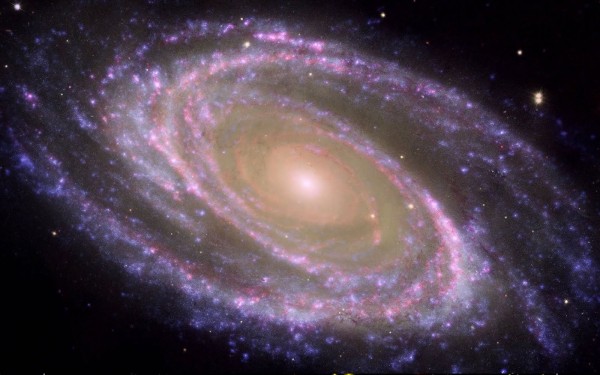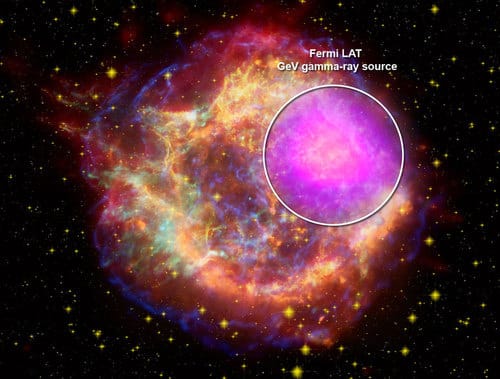The best thing about scientific discovery is that it is always an evolving, ongoing endeavor. Recently, the European Space Agency‘s Planck mission provided very detailed data regarding microwave background which was produced in the aftermath of Big Bang. Combined with LHC‘s recent findings, this data may cast doubts on the mainstream theory explaining Big Bang.
Microwave background, contained in the entire universe, is the dim hint of the temperature fluctuations that occurred after Big Bang occurred. We recently reported how a physicist was able to reconstruct the ‘audio’ of Big Bang, simply by using this data. Planck was able to furnish minute details of this microwave background, so that scientists are able to determine the temperature fluctuations in the universe more accurately.
At the same time, LHC’s findings regarding Higgs boson have been very significant and can directly aid in explaining and understanding Big Bang. The interesting part is that data from these two sources has stirred a debate in the scientist community.
Recently, an analysis was dished out which claimed that this new data supported the currently prevalent view about Big Bang, that the universe went through a short burst of exponential expansion immediately after Big Bang. However, another research paper has now argued that this may not be so and that it is too soon to hail new data as in line with this view.
The paper was penned down by Paul Steinhardt and his colleagues at Princeton University. According to the paper, the new model of Big Bang based on the data furnished by Planck brings ‘new, serious difficulties’ for the theory. In fact, when coupled with the data from LHC, the regular view of Big Bang seems somewhat flawed.
That’s because the regular view entails that the inflation field generated after Big Bang existed in a stable, low-energy configuration. However, the findings of CERN’s LHC show that the Higgs field probably started in a high-energy, metastable state. Nonetheless, it is indeed too soon to determine whether or not the new data stands in line with the conventional Big Bang understanding or that scientists will soon have to update the theory to make it more accurate.
Courtesy: Nature
[ttjad keyword=”cloud-storage-drive”]




